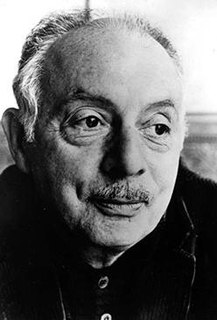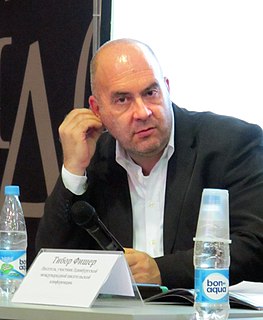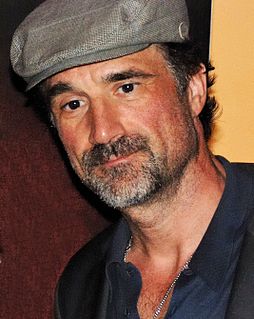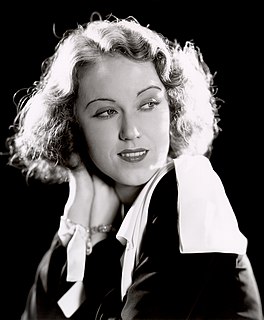A Quote by Stanley Kunitz
One critic wrote . . . that my poems sounded as though they had been translated from the Hungarian. I don't know why, but somehow that made me feel quite lighthearted.
Related Quotes
Before I wrote The Power of Now, I had a vision that I had already written the book and that it was affecting the world. I had a sense there was already a book somehow in existence. I drew a circle on a piece of paper and it said "book." Then I wrote something about the effect the book had on the world, how it influenced my life and other people's lives, and how it came to be translated into many languages affecting hundreds of thousands of people.
One of my proudest achievements is that when an authoritative book about Hungarian literature came out about a decade ago, there was a little article about me which said I was a Hungarian writer but pretending not to be. Bearing in mind I can hardly write a cheque in Hungarian, I was delighted to be included in the pantheon of Hungarian writers.
My mother had died when I wrote my first book. I was twenty-seven, so it was right at the beginning of my writing life. I don't know if she had lived, if I would have done it, certainly not quite like I did. But, you can't rethink it. You wrote what you wrote, it meant something to other people, and that's your good.
Thomas swallowed, wondering how he could ever go out there. His desire to become a Runner had taken a major blow. But he had to do it. Somehow he KNEW he had to do it. It was such an odd thing to feel, especially after what he'd just seen... Thomas knew he was a smart kid- he somehow felt it in his bones. But nothing about this place made any sense. Except for one thing. He was supposed to be a Runner. Why did he feel that so strongly? And even now, after seeing what lived in the maze?
There was - there still is - a big shortage of good Chinese-English literary translators. So for two years in London, I was stuck waiting, not writing, with several Chinese books I couldn't get translated. That's when I decided to write in English, since I had been living here and had decided to reconstruct my life here. Even if I wrote in broken English, it was better than getting bored and weary and bitter on the long queue of authors waiting to be translated by a stranger.
After studying the Hungarian language for years, I can confidently conclude that had Hungarian been my mother tongue, it would have been more precious. Simply because through this extraordinary, ancient and powerful language it is possible to precisely describe the tiniest differences and the most secretive tremors of emotions.







































